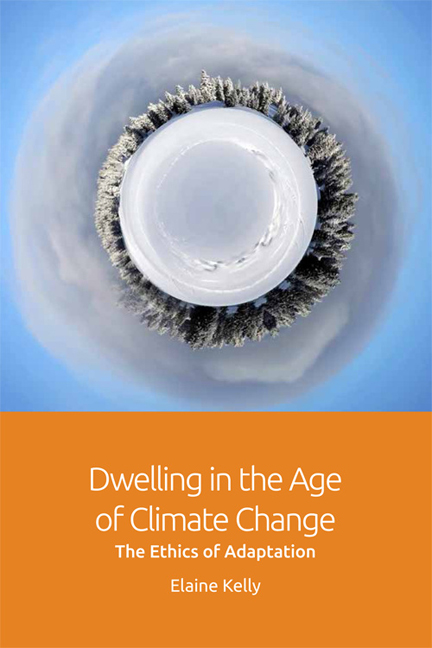1 - The Adaptation Agenda
Published online by Cambridge University Press: 29 April 2021
Summary
‘We lost our home, which means the familiarity of daily life.’
Hannah ArendtWe are a world on the move, with large numbers of people migrating for work or the promise of a better future. Indeed, 2015 marked the highest recorded number of international migrants, with 244 million people residing in a place other than their country of birth (IOM 2015a). However, not all of this movement is voluntary and the causes and conditions that give rise to forced mobility are proliferating. In 2015, forced displacement reached its highest levels since the end of WWII, with over 65 million people left without a secure home. Just over 20 million of these people met the criteria for refugee status. An additional 19 million people were displaced by natural disasters across 113 countries (2015a: 8). Meanwhile, ‘irregular’ migration is on the rise, and across the world asylum claims are coming in daily. To add further complications to this, the distinction between forced and voluntary is frequently difficult to maintain (Piguet et al. 2011).
There is agreement that climate change will exacerbate existing vulnerabilities and likely push more people to move, either internally or across borders (Nansen Initiative 2015). Yet there is no consensus on how to respond to such an issue. Indeed, the nexus of climate migration brings together two of the more explosive contemporary political topics: human-induced climate change and human mobility. The highly politicised and securitised nature of migration matters means that it has tended to be marginalised in climate politics. Certainly, climate adaptation dialogues have only just started to formally acknowledge the significance of human mobility both as a potential problem and as a solution or adaptive response. Predominately, however, adaptation refers to practices and policies aimed at sustaining a local relationship between people and place. Indeed, when viewed this way, adaptation is fundamentally a political construction.
What does it mean to say that climate adaptation is a political issue? Instead of trying to determine ‘what’ politics is, our attention falls instead on the construction of something as political; the ‘how’ of politics. How does something come to be political? Or, as cultural theorist Jodi Dean puts it, ‘What does it mean for something to be political?’ (2000: 1).
- Type
- Chapter
- Information
- Dwelling in the Age of Climate ChangeThe Ethics of Adaptation, pp. 17 - 41Publisher: Edinburgh University PressPrint publication year: 2018



